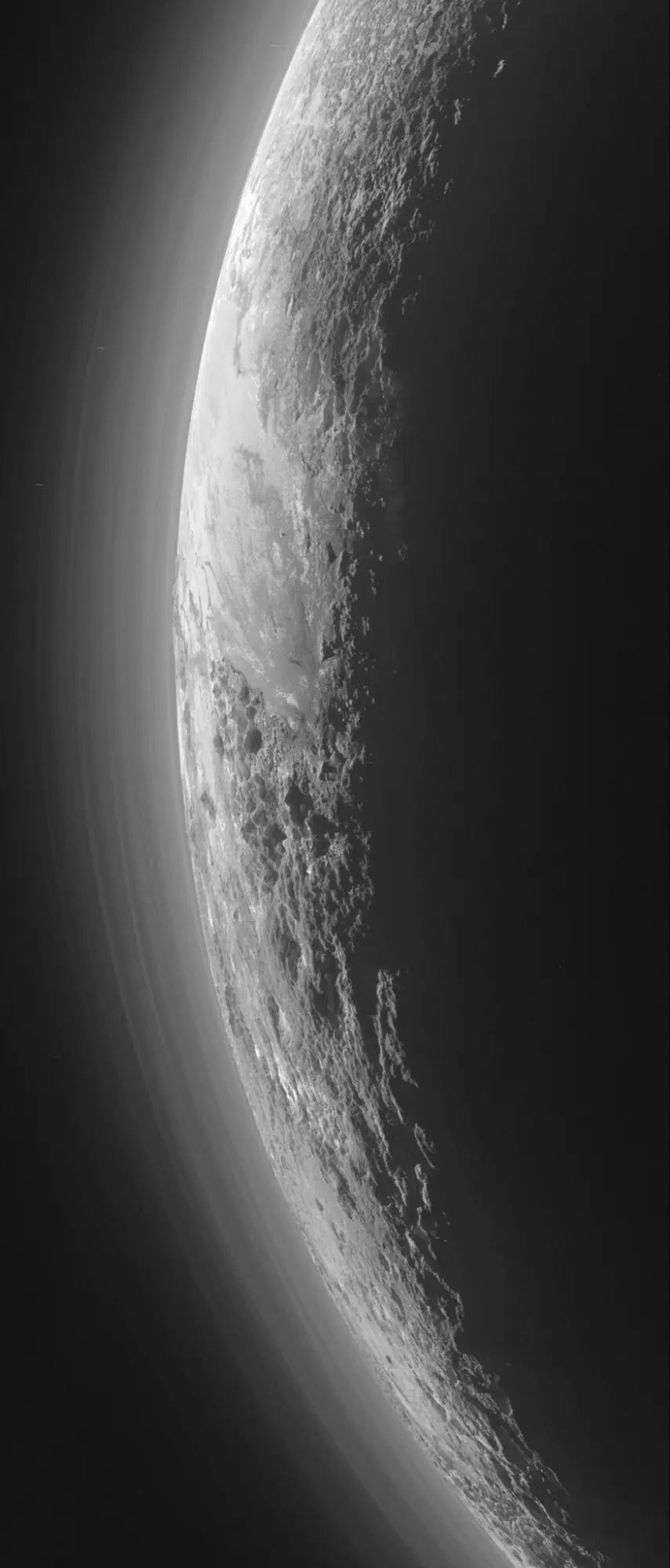this post was submitted on 21 Nov 2024
182 points (99.5% liked)
Space
8857 readers
351 users here now
Share & discuss informative content on: Astrophysics, Cosmology, Space Exploration, Planetary Science and Astrobiology.
Rules
- Be respectful and inclusive.
- No harassment, hate speech, or trolling.
- Engage in constructive discussions.
- Share relevant content.
- Follow guidelines and moderators' instructions.
- Use appropriate language and tone.
- Report violations.
- Foster a continuous learning environment.
Picture of the Day
 The Busy Center of the Lagoon Nebula
The Busy Center of the Lagoon Nebula
Related Communities
🔭 Science
- [email protected]
- [email protected]
- [email protected]
- [email protected]
- [email protected]
- [email protected]
- [email protected]
- [email protected]
- [email protected]
🚀 Engineering
🌌 Art and Photography
Other Cool Links
founded 2 years ago
MODERATORS
you are viewing a single comment's thread
view the rest of the comments
view the rest of the comments


Short answer? Because it does. It doesn't take much to be visible compared to space.
I don’t think any planet^1^ has surprised us more than Pluto.
^1^ I know. If anyone gets pedantic, they’re reclassified as a dwarf clown.
Pluto's atmosphere has been studied since the 1980s, using spectroscopy and stellar occultation (watching starlight flicker as Pluto passed in front of it). It wasn't a surprise when New Horizons observed it.
I wasn’t thinking about the atmosphere. I meant in general, Pluto surprised more than other first fly-bys. Uranus is obviously extra weird in a lot of ways but who was expecting Pluto to be as interesting?